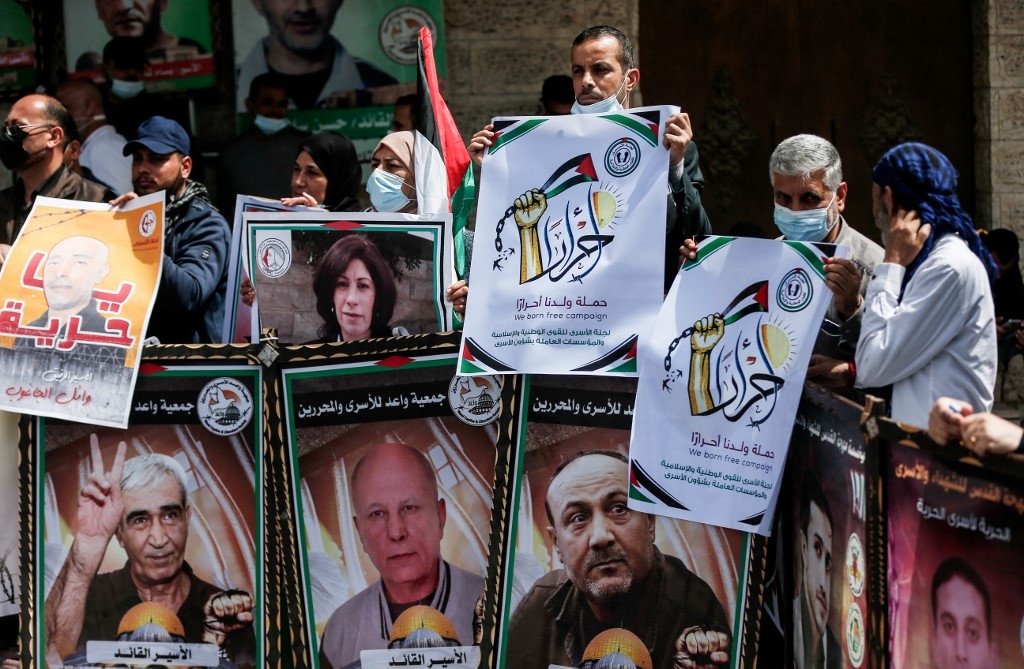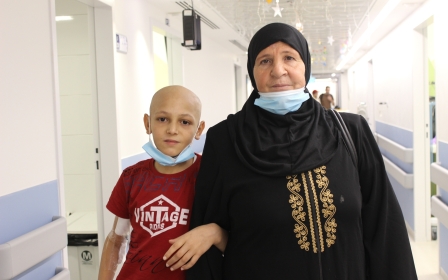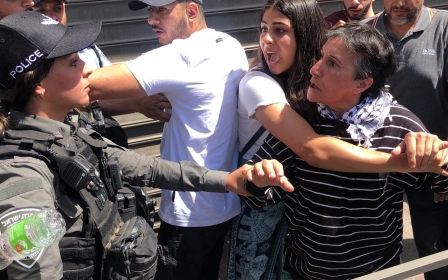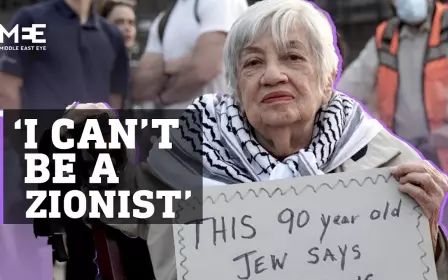East Jerusalem: Israel denies former Palestinian prisoners access to health insurance

Israeli authorities in occupied East Jerusalem have suspended the national health insurance of dozens of former Palestinian prisoners, in what rights groups have described as “collective punishment” for their political activism against Israeli military occupation.
At least 16 Palestinian former prisoners and their families have had their health insurance suspended in the past few weeks, meaning they have to pay from their own pockets for medical treatments, or pay expensive private health insurance policies, according to the Palestinian Prisoners Club.
Qaddoura Fares, the head of the Club, said that suspension came as a surprise to the former prisoners and their families, when they sought medical treatment at one of the Israeli government-funded clinics.
'This procedure explains the occupation’s feeling of failure to confront the Palestinian presence in Jerusalem'
- Qaddoura Fares, Palestinian Prisoners Club
“This procedure explains the occupation’s feeling of failure to confront the Palestinian presence in Jerusalem,” Fares said. “[Israel] resorts to taking racist measures against the citizens, depriving them of absolute basic rights that are not subject to any restrictions, and imposing a policy of collective punishment.”
Fares said that Israeli authorities believe that these measures will shock and awe Palestinians in East Jerusalem and the occupied West Bank, preventing them from participating in protests.
New MEE newsletter: Jerusalem Dispatch
Sign up to get the latest insights and analysis on Israel-Palestine, alongside Turkey Unpacked and other MEE newsletters
A Palestinian resident of Jerusalem would pay a monthly average of $70 to be eligible to access the national health services. Israeli authorities have also blocked the bank accounts of Palestinian prisoners and revoked their residency in East Jerusalem.
Metras, a local media website, wrote that Israeli occupation uses national insurance as a tactic to “extort” former Palestinian prisoners to stop their political activism and that it has been using these measures since 2016. It said that Israel bases these decisions on the claim that those former prisoners are not living in Jerusalem.
Crackdown on protests
Palestinians have protested since early May against Israel’s imminent forced expulsion of the residents of East Jerusalem’s Sheikh Jarrah neighbourhood, designed to pave the way for Jewish settlers to move in. They have also protested in Israel’s mixed cities and the West Bank against the Israeli storming of the al-Aqsa mosque and the subsequent bombardment of civilians in the Gaza Strip.
Israeli forces have been carrying out arrests on a daily basis. On Tuesday, a Palestinian was killed by Israeli gunfire in a predawn raid near Ramallah, the seat of the Palestinian Authority government.
Israeli police had also announced a mass arrest campaign on Monday against Palestinian citizens of Israel, to impose “deterrence”, following widespread demonstrations objecting to Israel’s settlement policy in East Jerusalem.
According to Palestinian prisoners' rights group Addameer, 4,400 Palestinians were being detained by Israel as of May, including 39 women and 160 children, with 430 under administrative detention.
Middle East Eye delivers independent and unrivalled coverage and analysis of the Middle East, North Africa and beyond. To learn more about republishing this content and the associated fees, please fill out this form. More about MEE can be found here.




